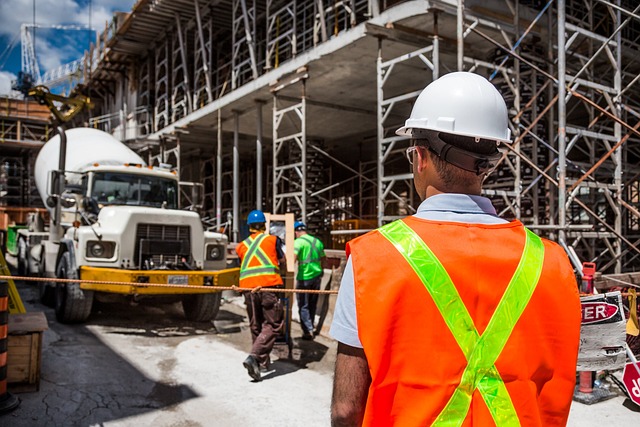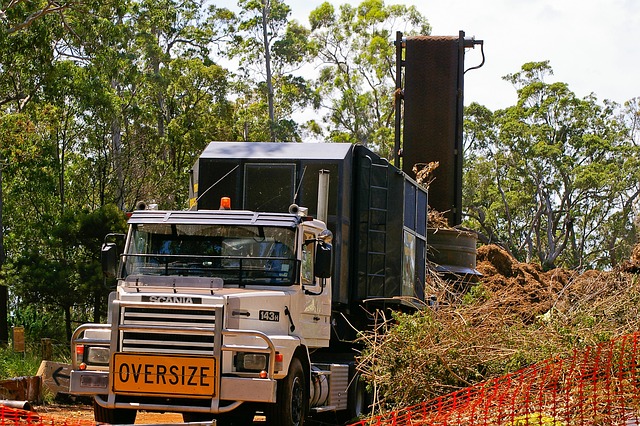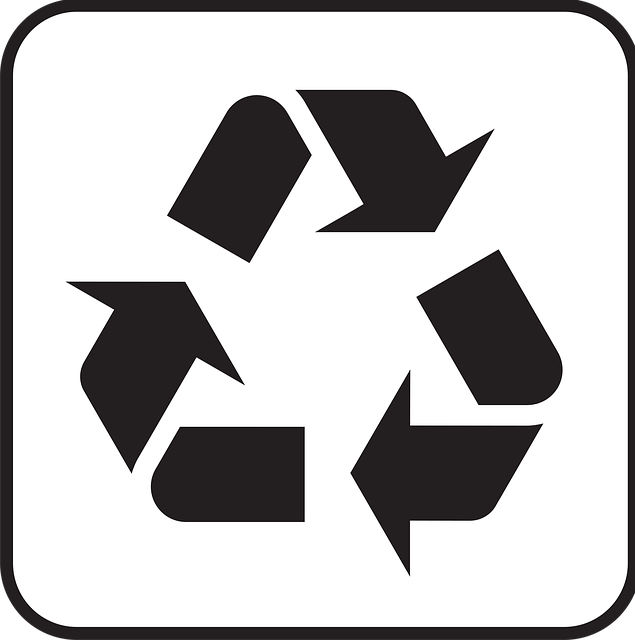Boston addresses growing e-waste challenge through proactive measures like regular collection events and specialized recycling hubs, prioritizing sustainable tech disposal and minimizing environmental harm. Commercial e-waste recycling Boston services offer businesses responsible solutions, promoting a circular economy, protecting sensitive data, and reducing landfill waste. Collaboration between businesses, governments, and recycling facilities is key to achieving efficient, eco-friendly tech waste management in Boston and beyond.
In Boston, the growing volume of commercial e-waste poses significant environmental challenges. Understanding and addressing proper disposal methods is crucial for businesses aiming to mitigate their ecological footprint. This article explores the intricate world of sustainable tech disposal solutions in Boston, delving into topics like the impact of improper e-waste management, benefits of professional recycling services, key components of eco-friendly practices, and future trends shaping Boston’s commercial e-waste recycling landscape.
- Understanding Commercial E-Waste in Boston
- Impact of Improper Disposal on Environment
- Benefits of Professional Recycling Services
- Key Components of Sustainable Tech Disposal
- Best Practices for Businesses in Boston
- Future Trends in E-Waste Recycling
Understanding Commercial E-Waste in Boston

Boston, a bustling metropolis, generates a significant amount of commercial e-waste due to its thriving tech industry and high rate of technology adoption. Understanding this growing problem is crucial for implementing effective sustainable tech disposal solutions. Commercial e-waste recycling in Boston has become an essential aspect of environmental stewardship, as businesses strive to reduce their electronic waste footprint.
The city hosts regular e-waste collection events and relies on specialized IT equipment recycling hubs to manage the e-scrap collection services. These initiatives not only promote responsible disposal but also enable the recovery of valuable materials from electronics, reducing the demand for mining and manufacturing new components. By adopting these practices, Boston can lead the way in sustainable tech disposal while ensuring that its electronic waste is handled efficiently and with minimal environmental impact.
Impact of Improper Disposal on Environment

The improper disposal of electronic waste, commonly known as e-waste, has severe environmental consequences. In Boston and across Massachusetts (MA), this growing problem is particularly concerning due to the high concentration of technology-driven businesses. When electronics like computers, phones, and servers are not recycled or disposed of responsibly, they often end up in landfills, leaching toxic chemicals into the soil and groundwater. These toxins can include heavy metals like lead, mercury, and cadmium, which can contaminate ecosystems and enter the food chain.
Furthermore, burning e-waste for its materials contributes to air pollution, exacerbating respiratory issues and other health problems among nearby communities. A proper commercial e-waste recycling solution in Boston is crucial to mitigate these impacts. Services that specialize in IT asset recycling ensure that valuable materials are recovered and reused while hazardous components are disposed of safely, promoting a more sustainable environment for both the local community and the broader ecosystem.
Benefits of Professional Recycling Services

Professional recycling services for commercial e-waste disposal offer numerous benefits for businesses in Boston looking to dispose of their electronic waste responsibly. By enlisting the help of specialized companies, organizations can ensure that their old electronics, from computers and servers to phones and tablets, are handled in an eco-friendly manner. These services provide a secure and efficient method of data destruction, preventing sensitive information from falling into the wrong hands.
With commercial e-waste recycling Boston, businesses can also contribute to the reduction of electronic waste in landfills, which is a significant environmental concern. The process involves meticulous sorting, dismantling, and recycling of materials, ensuring that valuable resources are recovered and reused. This not only minimizes the ecological footprint but also supports a circular economy by turning old electronics into new products. Additionally, reputable recycling hubs often provide transparent reporting, giving businesses peace of mind and confirming their electronic waste is being processed in an ethical and sustainable way, especially when it comes to IT equipment recycling MA.
Key Components of Sustainable Tech Disposal

The key components of sustainable tech disposal lie in responsible and efficient management of electronic waste, or e-waste. In Boston, commercial e-waste recycling plays a pivotal role in reducing the environmental impact of technological advancements. A robust system includes comprehensive IT asset recycling programs that facilitate the secure data deletion and proper disposal of end-of-life devices. These initiatives ensure critical components are salvaged and reused, diverting hazardous materials from landfills.
Boston e-waste recycling guidelines emphasize the importance of collaboration between businesses, governments, and recycling facilities. By adopting best practices, Boston can achieve a circular economy for tech waste, where resources are recovered and reused, minimizing the need for virgin materials. This not only benefits the environment but also fosters job growth in sustainable tech waste solutions Boston.
Best Practices for Businesses in Boston

Boston businesses have a significant opportunity to contribute to sustainable tech disposal solutions through proper e-waste management. Implementing best practices in commercial e-waste recycling Boston is crucial for minimizing environmental impact and maximizing resource recovery. One effective strategy involves partnering with specialized recycling facilities that offer comprehensive commercial recycling programs Massachusetts, ensuring all electronic waste is processed according to strict environmental standards.
Additionally, fostering collaboration within the startup community can enhance e-waste management for startups through shared resources and best practices. Businesses should also encourage employee participation in computer disposal Boston MA initiatives, promoting a culture of responsible tech disposal. By integrating these strategies, Boston companies can play a pivotal role in revolutionizing e-waste management while contributing to a greener Massachusetts landscape.
Future Trends in E-Waste Recycling

The future of e-waste recycling in Boston and beyond looks bright, with innovative trends emerging to tackle the growing challenge of electronic waste. As technology advances at a rapid pace, so does the need for efficient and sustainable disposal solutions. One notable trend is the shift towards more comprehensive commercial e-waste recycling programs tailored specifically for businesses. These programs aim to simplify the process for companies, making it easier to recycle tech waste in Boston and beyond.
With an increasing number of electronic devices becoming obsolete faster than ever, recycling centers are expanding their services to accept a wider range of business gear, including computers, servers, and mobile devices. This expansion not only benefits businesses but also contributes to the global effort of reducing e-waste, as more people and organizations become aware of the environmental impact of improper tech waste disposal. By embracing these future trends, Boston can lead the way in sustainable commercial e-waste management, ensuring a greener and more eco-conscious digital landscape.
Sustainable tech disposal, through professional recycling services and best practices, is not just an environmental imperative but a competitive advantage for Boston businesses. By understanding the impact of improper e-waste disposal and adopting key components of sustainable tech disposal, companies can contribute to a greener future while ensuring compliance with regulations. As we look towards future trends in e-waste recycling, Boston’s commitment to commercial e-waste recycling will be pivotal in revolutionizing waste management and fostering a more sustainable community.














